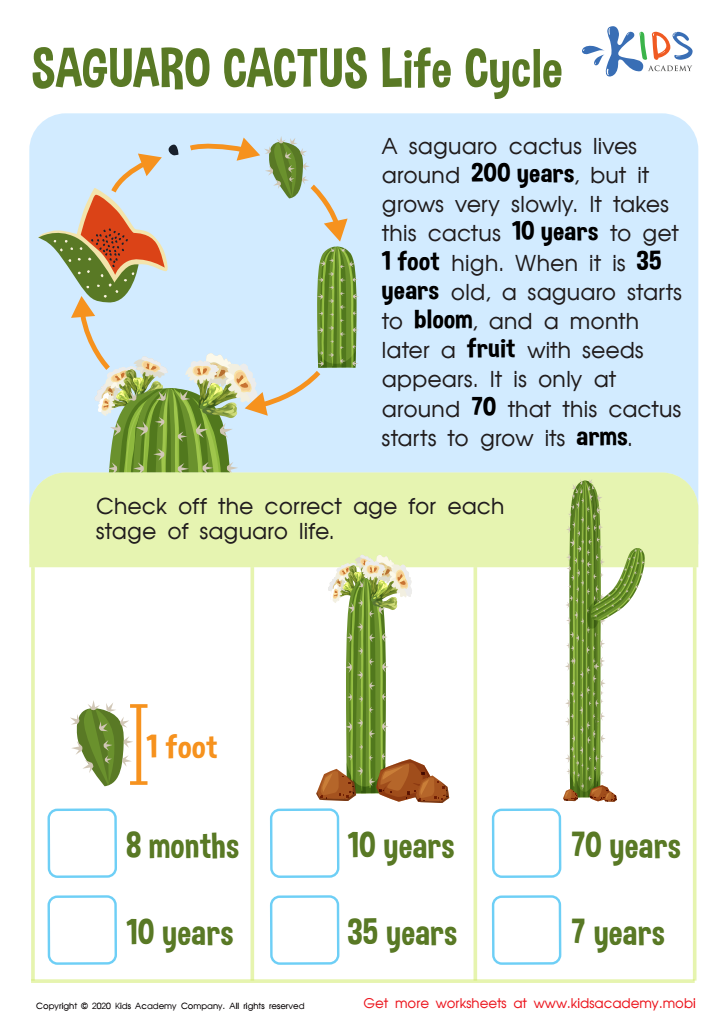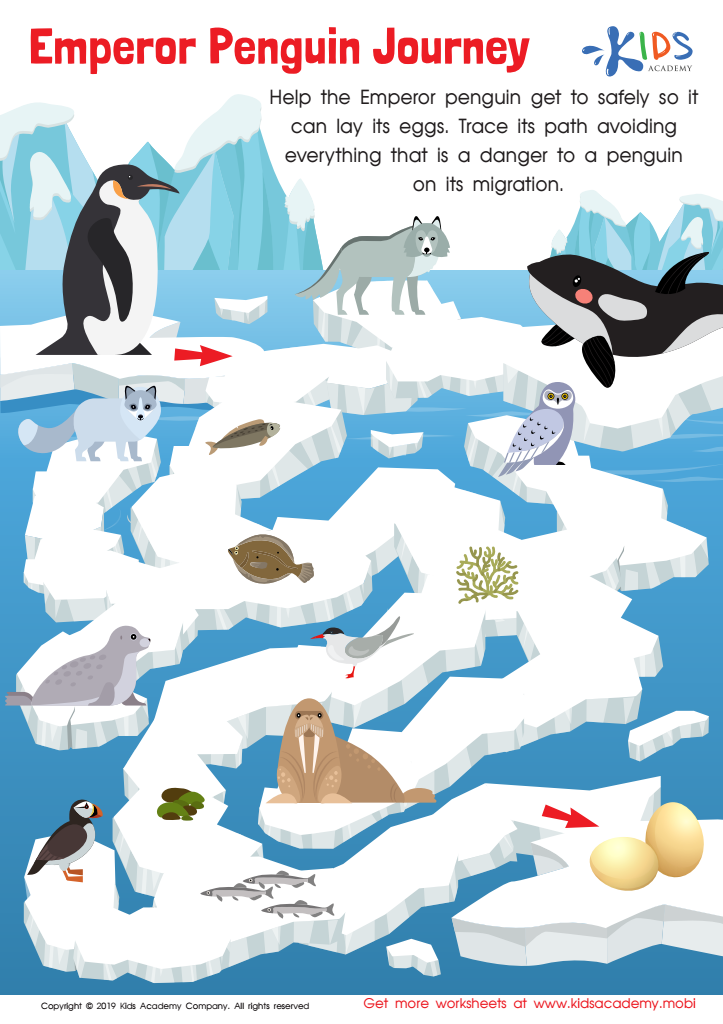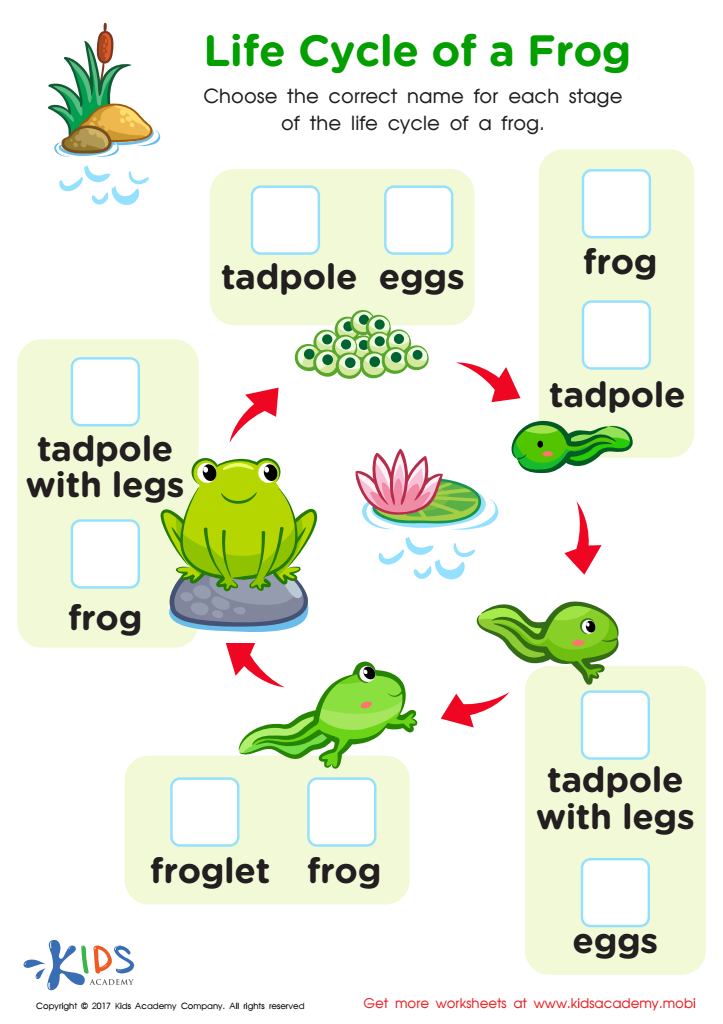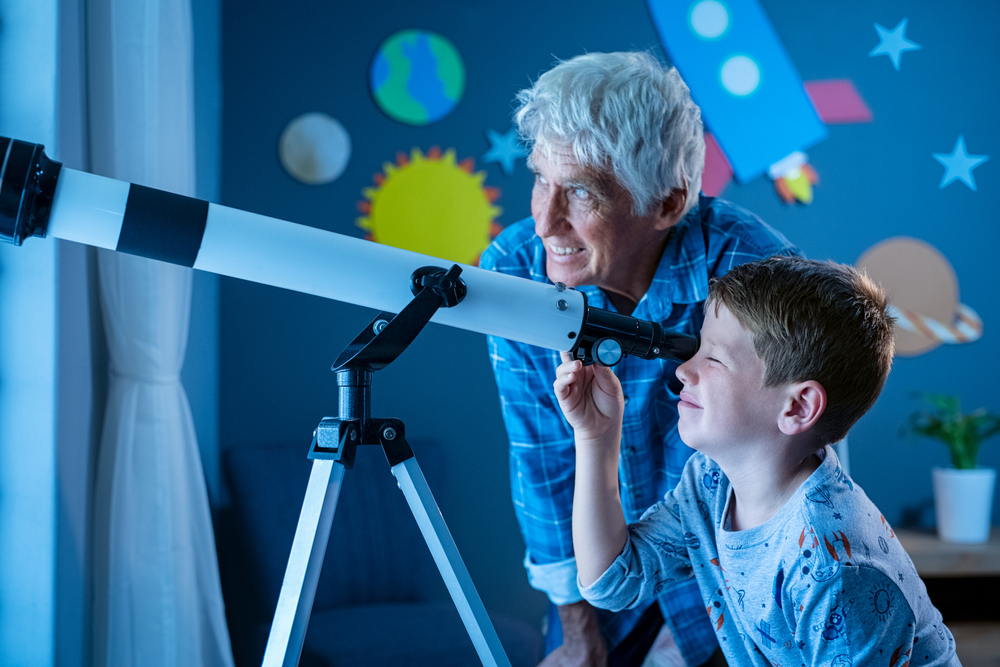Understanding life cycles Normal Science Worksheets for Ages 4-6
3 filtered results
-
From - To
Explore the fascinating world of life cycles with our "Understanding Life Cycles Normal Science Worksheets for Ages 4-6" at Kids Academy. Designed to captivate young minds, these worksheets introduce the concept of life cycles in a fun, interactive way. Kids will learn about the various stages of plants and animals, fostering a love for nature and science. Perfect for home or classroom use, our age-appropriate worksheets enhance early education by combining essential learning skills with engaging activities. Download now to jumpstart your child's scientific curiosity and help them understand the ever-changing world around them!


Saguaro Cactus Life Cycle Worksheet


Emperor Penguin Journey Worksheet


Life Cycle Frog Printable
Understanding life cycles is foundational for young children's learning and development for several reasons. Firstly, it cultivates a sense of curiosity and wonder about the natural world, which fosters enthusiasm for science and learning in general. This excitement encourages them to ask questions, seek answers, and develop critical thinking skills.
Teaching life cycles also promotes an understanding of concepts like growth, change, and seasons, helping children to make sense of their environment. For instance, observing a caterpillar transform into a butterfly offers a tangible example of change and metamorphosis, which is more impactful than mere theoretical explanation.
Moreover, learning about life cycles can instill respect for life and nature. It highlights the interconnectedness of ecosystems and the importance of each species, fostering early environmental stewardship and responsibility.
Additionally, life cycles are a clear way to introduce basic scientific concepts such as observation, prediction, and sequencing. These are foundational skills not only for science but for their overall cognitive development. Children learn to observe carefully, note changes, categorize information, and understand temporal sequences, which are all critical for academic success.
Thus, by caring about teaching life cycles, parents and teachers support children’s cognitive, emotional, and social development, setting a strong foundation for continuous learning and appreciation of the world around them.
 Assign to My Students
Assign to My Students















